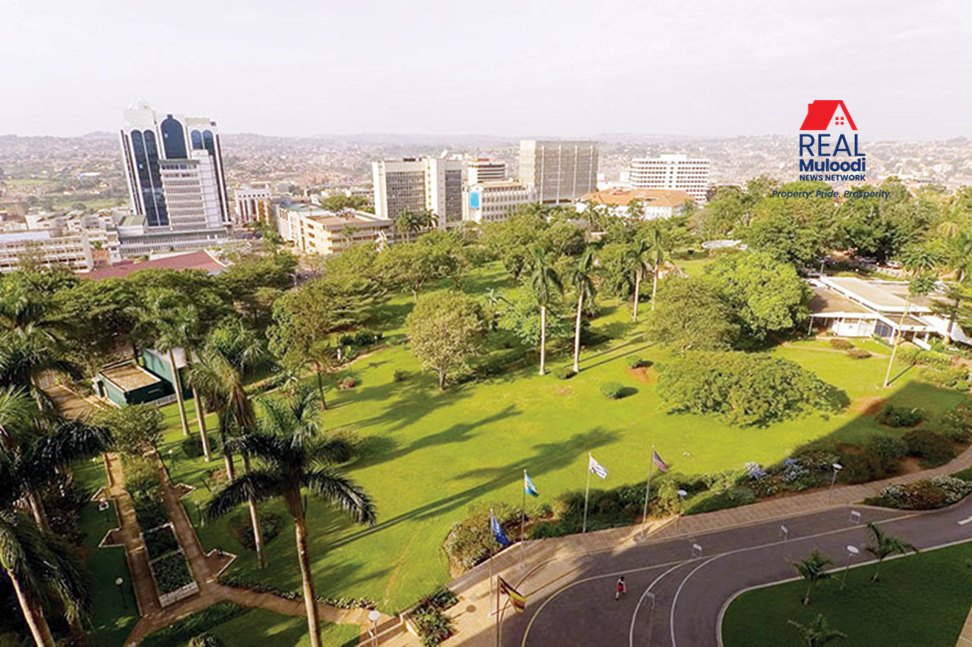UGANDA, Kampala | Real Muloodi News | Raymond Mugisha, a Chartered Risk Analyst and risk management expert, examines the relationship between rental income and the value of landed property in Kampala.
He notes that rental income plays a key role in determining land prices and property values, particularly in urban areas like Kampala, where properties are often geared towards generating rental income.
In contrast, rural land values are more closely tied to agricultural productivity.
Mugisha refers to the Metropolitan Real Estate Property Market Report published by Stanbic Properties Limited, which highlights property prices and rental incomes in Kampala.
In high-end suburbs, properties such as 2-bed and 3-bed apartments, as well as 3-5-bed stand-alone houses, have average costs ranging from US$220,000 to US$1,500,000.
Monthly rental income from these properties averages between US$2,000 and US$3,500, resulting in payback periods of 9 to 36 years.
In secondary suburbs such as Nsambya, Muyenga, Luzira, and Munyonyo, property prices for similar types range from US$100,000 to US$150,000, with corresponding monthly rental incomes averaging between US$700 and US$1,200.
The payback periods for these properties vary from 10 to 12 years.
Mugisha observes that the overall average payback period for residential properties in Kampala’s valued areas is around 15 years. This suggests that property investments may require careful consideration due to relatively low rental incomes compared to property prices.
He speculates that the property market may be influenced by factors beyond the rent-to-price ratio, with capital owners investing in properties without relying solely on rental income projections.
Furthermore, Mugisha highlights the potential risks for Uganda’s banking sector. A significant portion of loans disbursed in Kampala are secured by land and landed property, which forms a substantial part of banks’ loan portfolios.
Around the onset of the COVID-19 pandemic, loans secured against land and property accounted for approximately 24% of total loans disbursed by institutions under the supervision of the Bank of Uganda.
Mugisha raises concerns about the potential for a future property price adjustment in Kampala due to hidden factors affecting demand.
He questions whether banks are prepared for a scenario in which property values may align more closely with business-logical values, potentially disrupting the stability of the banking sector.
He suggests that banks need to be vigilant and proactive in assessing and mitigating risks associated with their reliance on landed property as loan collateral.
READ MORE LIKE THIS:



